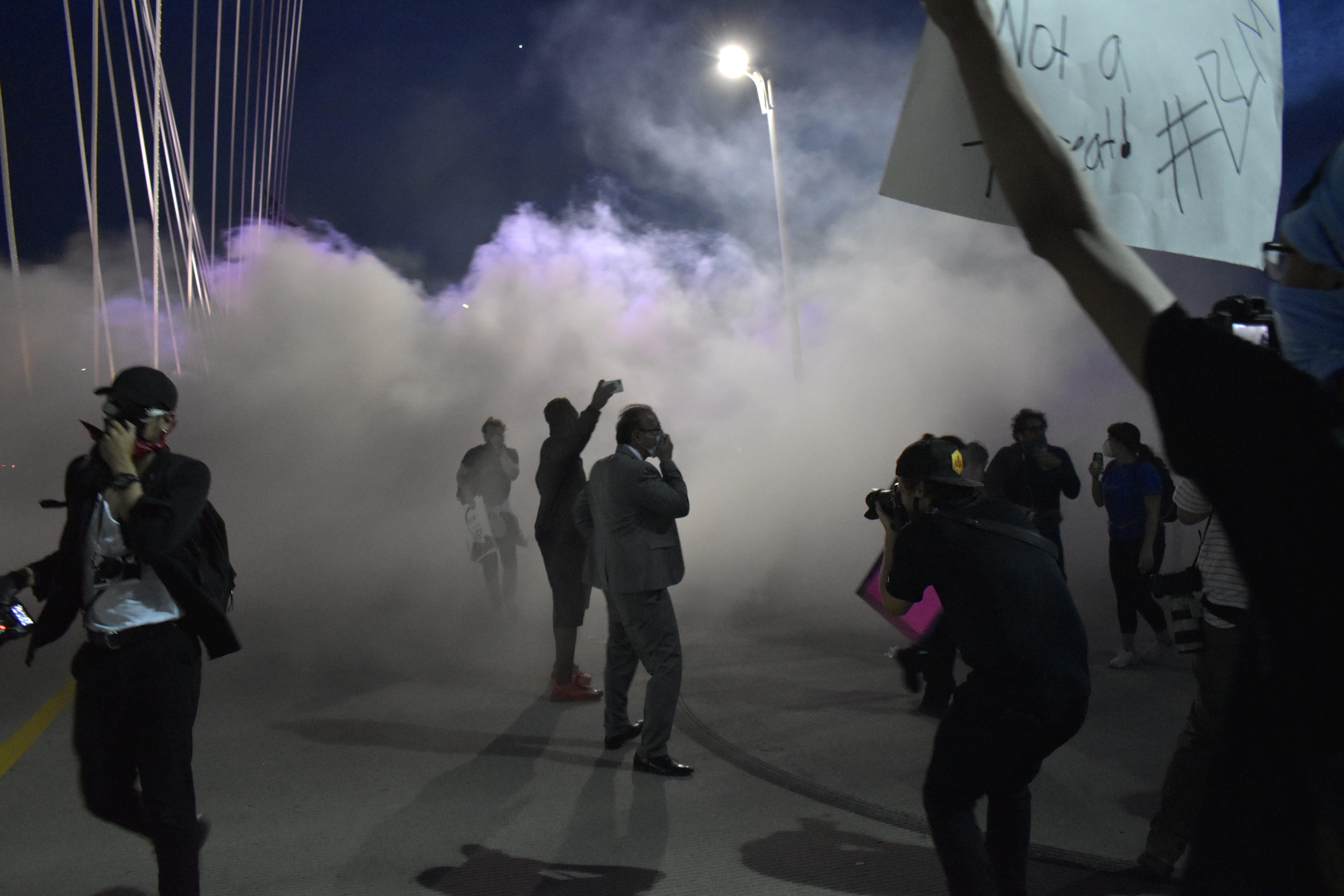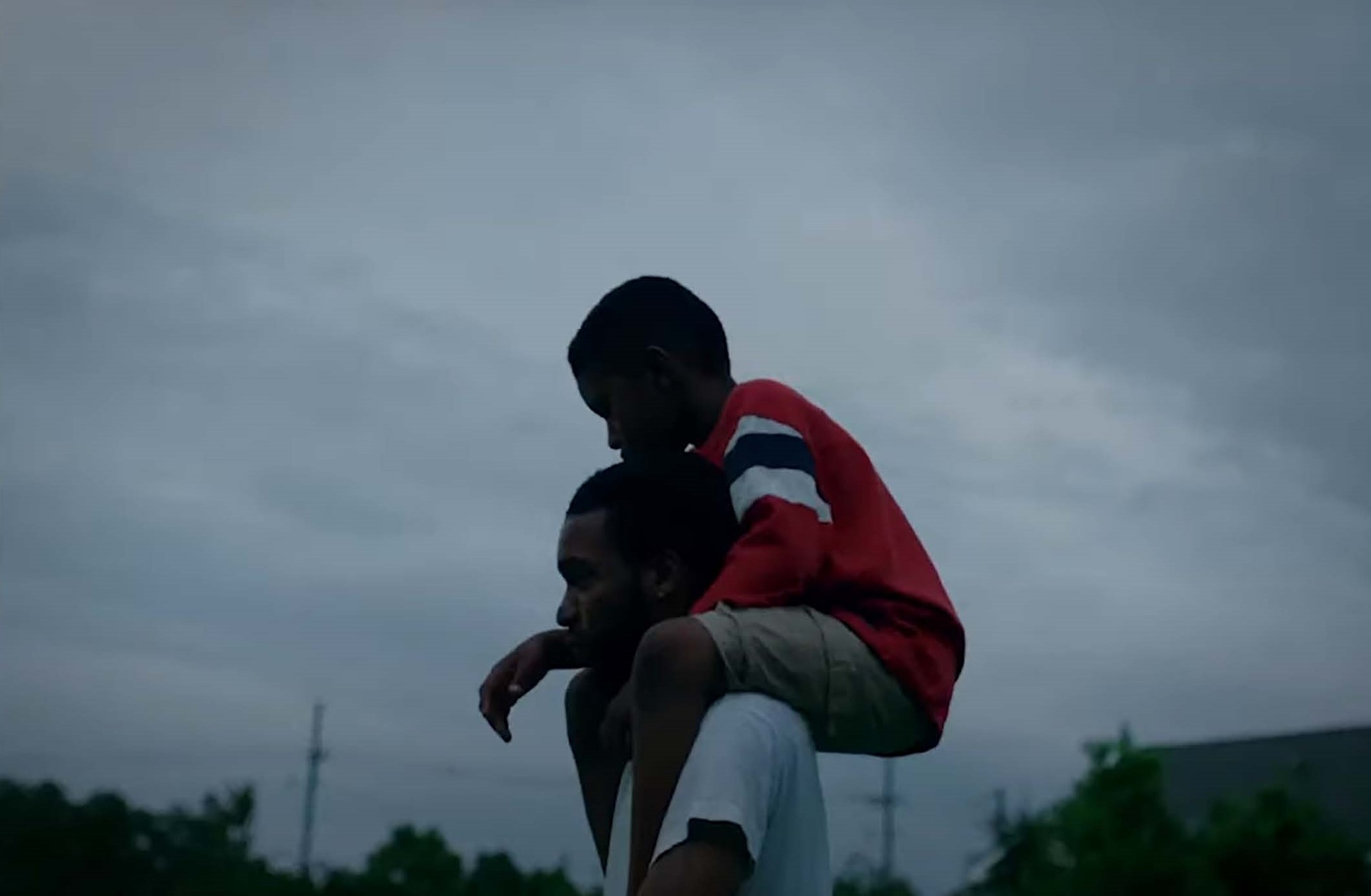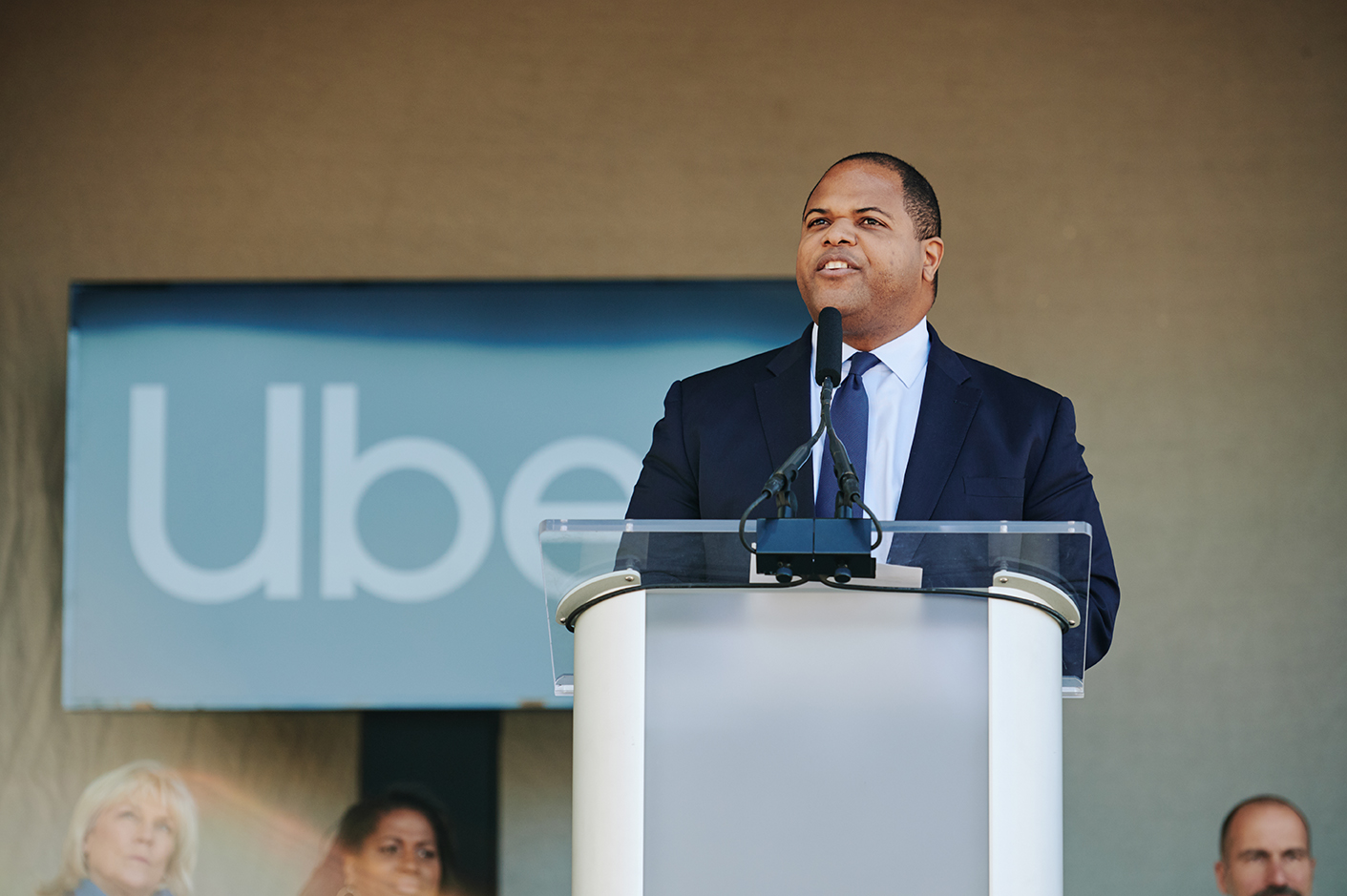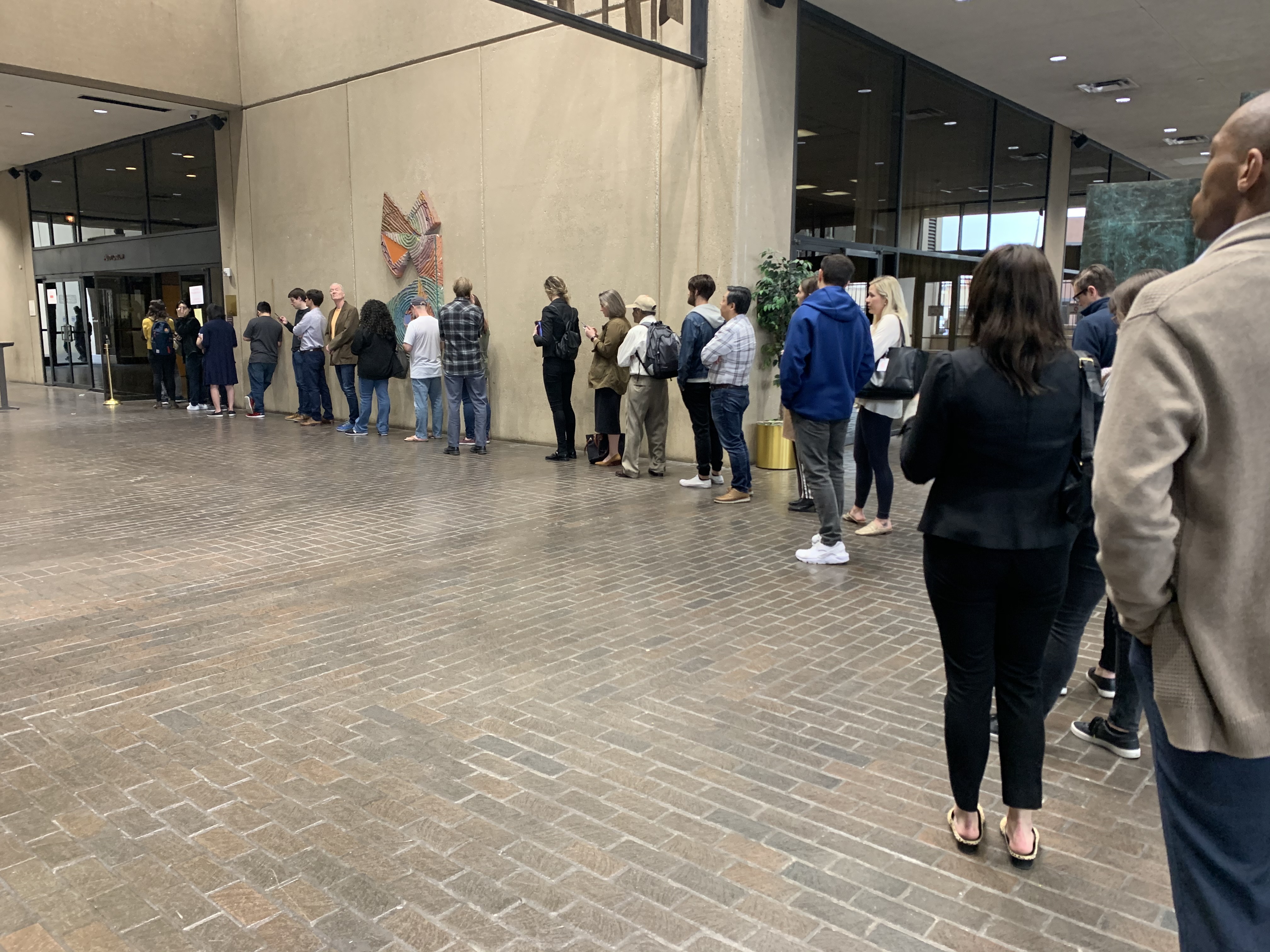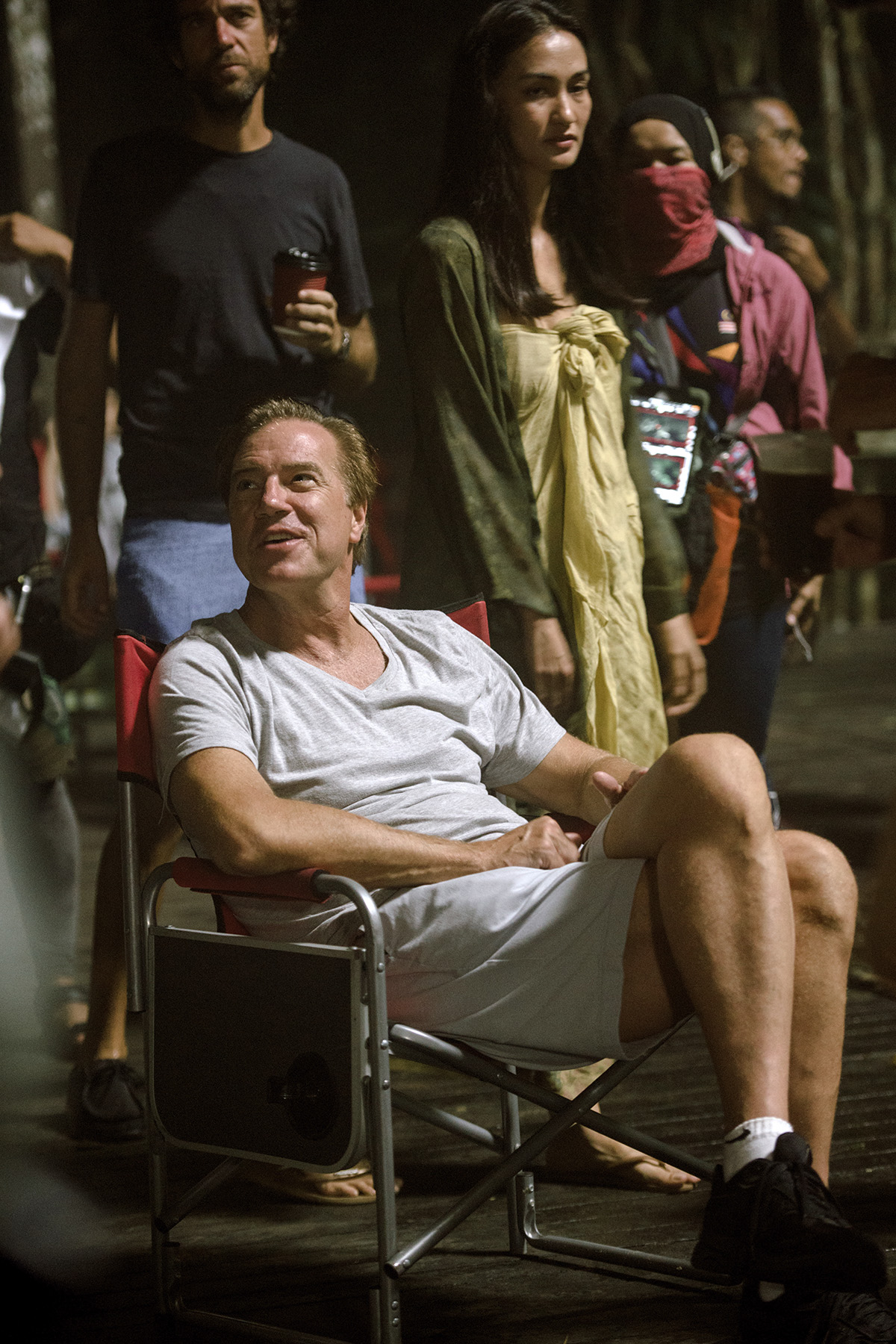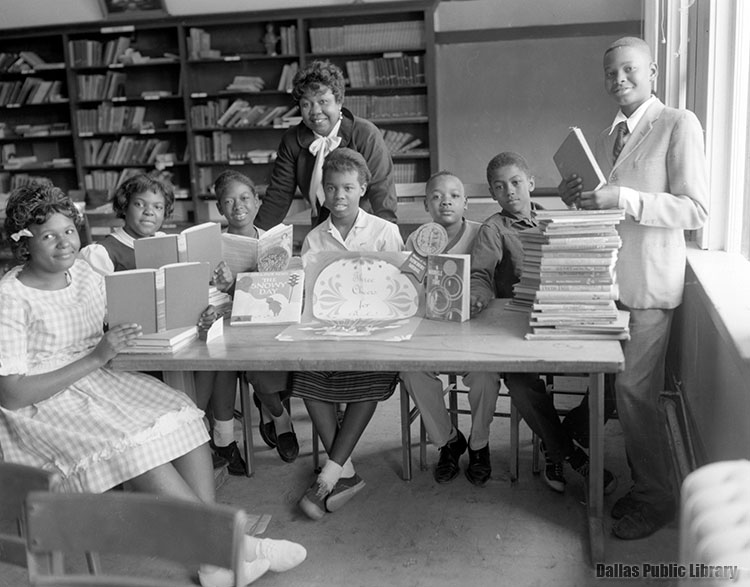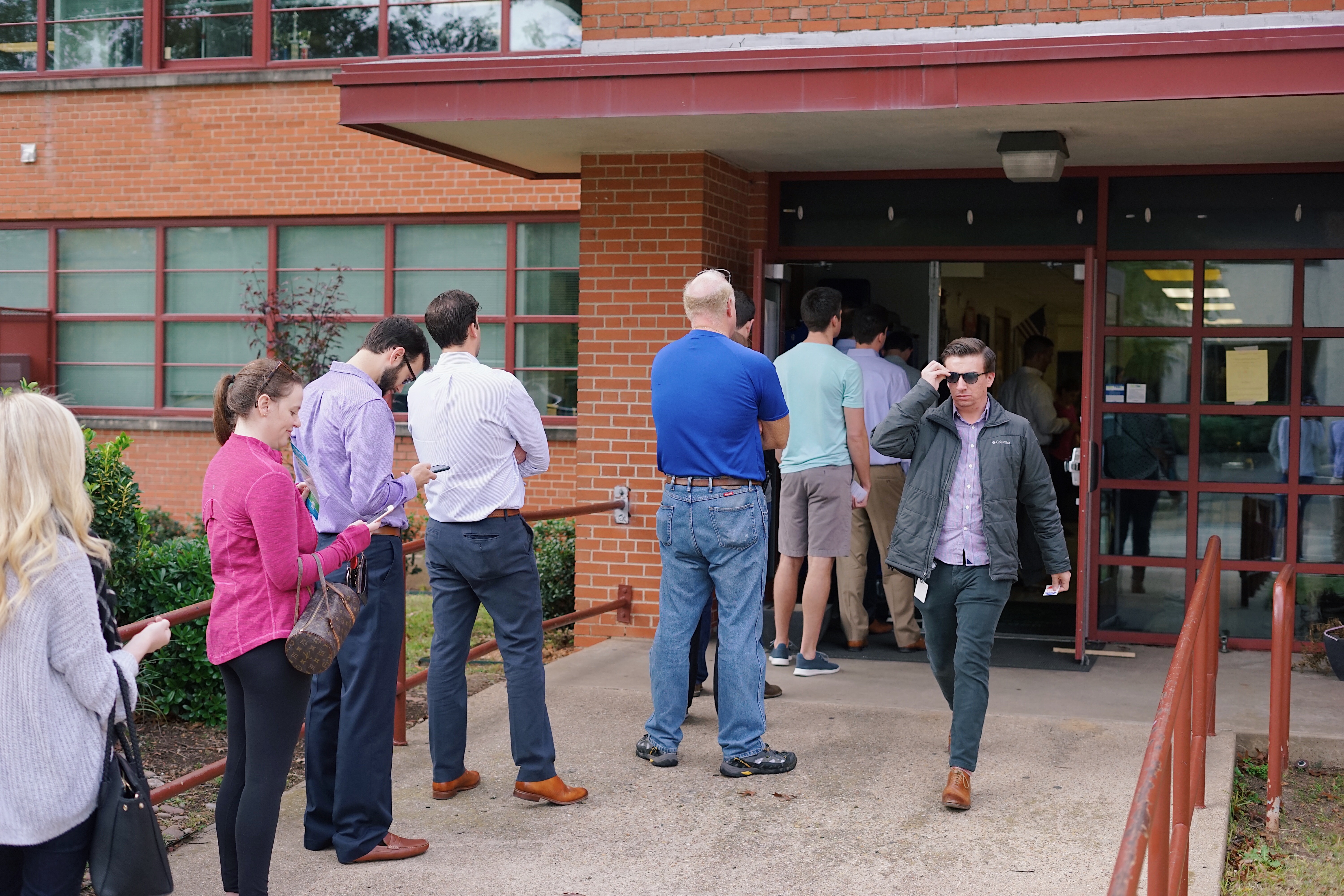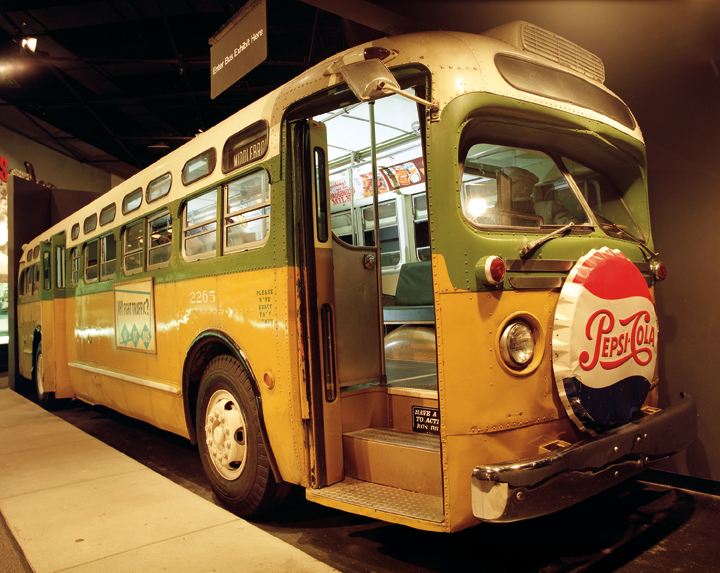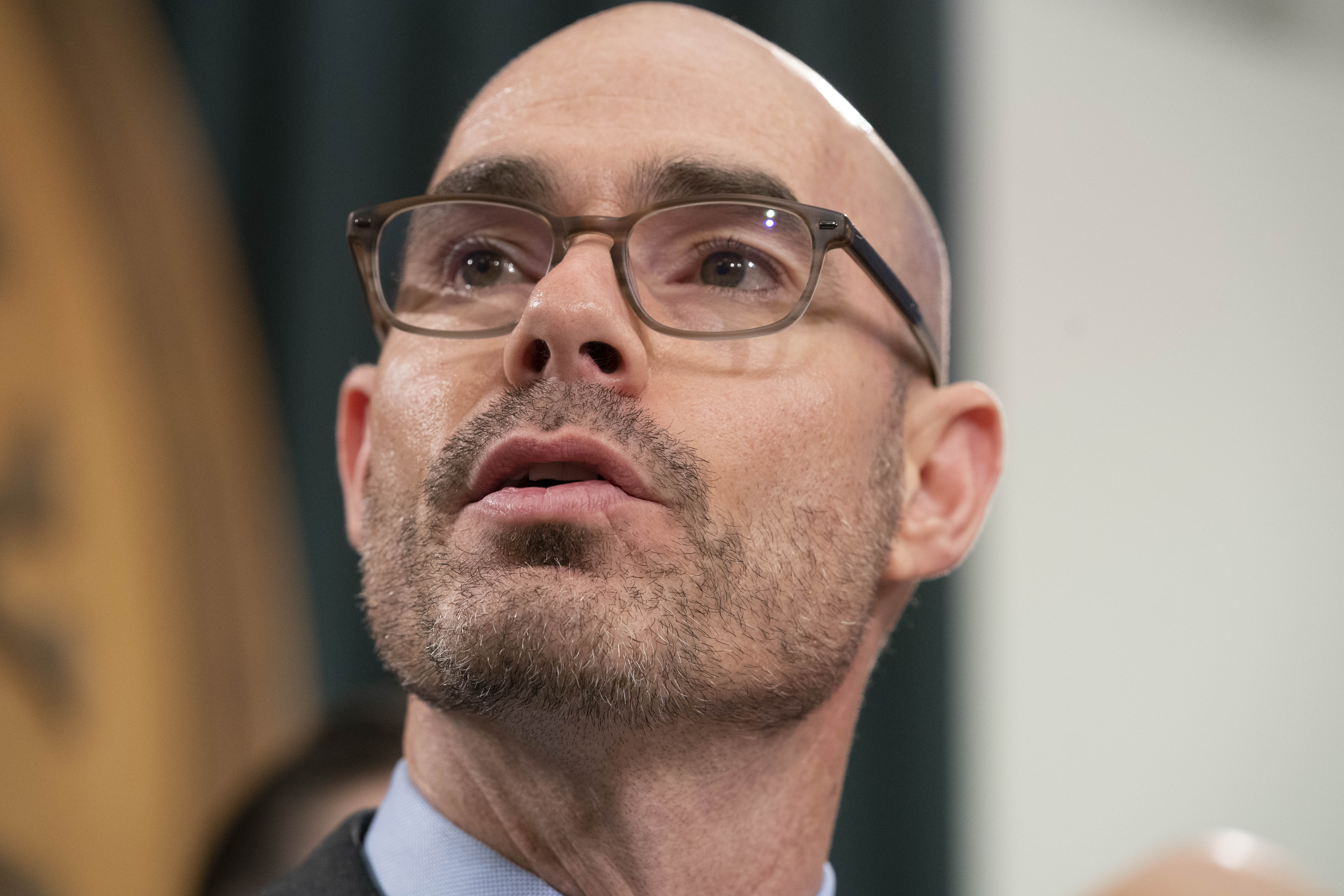Dallas—and the country—is experiencing the most widespread movement of direct action we have seen in more than 60 years. People are taking to the streets to demand that this city wakes up, listens, and sees the systemic and endemic racism that has defined the lives of people of color in America for what it is. If real progress is going to be made, however, that direct action must advance an agenda of change.
Based on the many conversations going on right now, there is a hunger for change. When Love Field swiftly moves to take down a statue of a racist cop, when the hosts of sports talk station The Ticket spend a week soul searching, you know we have entered a new kind of moment. Reforms that weren’t imaginable a month ago now seem possible.
Change is already happening. Los Angeles may redeploy public funds from its police budget to fund community development. The Minneapolis City Council voted to disband its police department. Even during the disastrous Dallas City Council meeting Friday, the city manager presented a list of possible reforms, and promising ideas were put forth by council members, like reimagining the police academy and banning elected officials from taking campaign donations from police unions.
This next step, however, concerns me. A knee-jerk response to the crisis will likely miss the monumental scale of the problem. Racism runs through every aspect and every institution of American society. It is baked into the structures of power that hold our city, state, and country together. Racism is so much a part of American life that we are blind to most of the insidious ways it defines our culture. Confronting that is going to take courage, not only from our neighbors who have taken to the streets but from all of us.
Over the past week, I have seen a lot of well-meaning efforts to confront the problem. There have been the numerous corporate statements backing Black Lives Matter; public symbols of support, like the blackout of Reunion Tower; and the sharing of articles and ideas on social media about how to support businesses owned by people of color, contribute to organizations that work in disadvantaged communities, and raise money to help repair the damage to properties that took the punch of the anger that manifested in Dallas’ streets. These are not meaningless gestures. They represent people in positions of power and privilege saying, “We hear you.”
But ultimately these are only gestures. They are the kinds of gestures that have been made before, and they are gestures that have proven hollow when it comes to making meaningful change. Real change is going to need to strike more deeply, and it is going to require more than giving our attention, time, and money. But to understand what real change looks like, we must first confront assumptions about how our society works.



